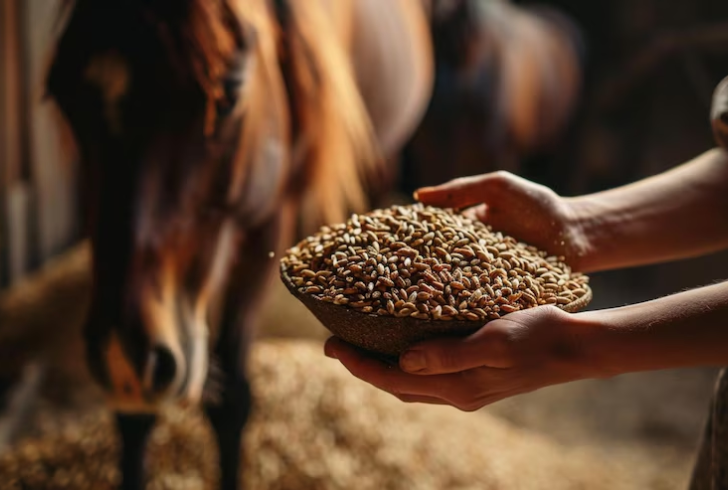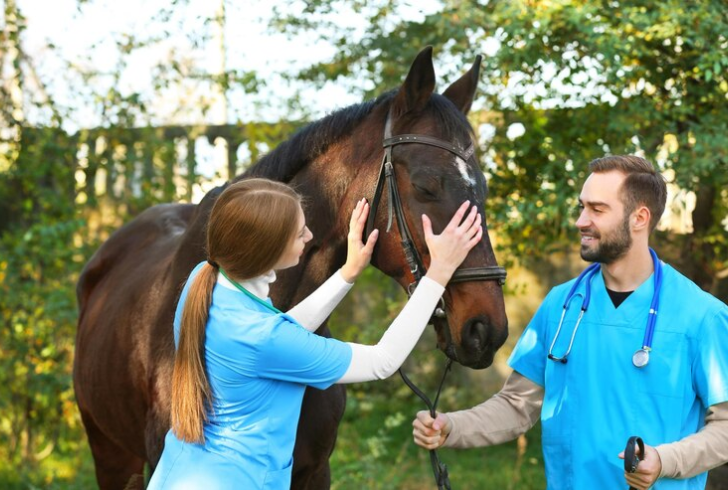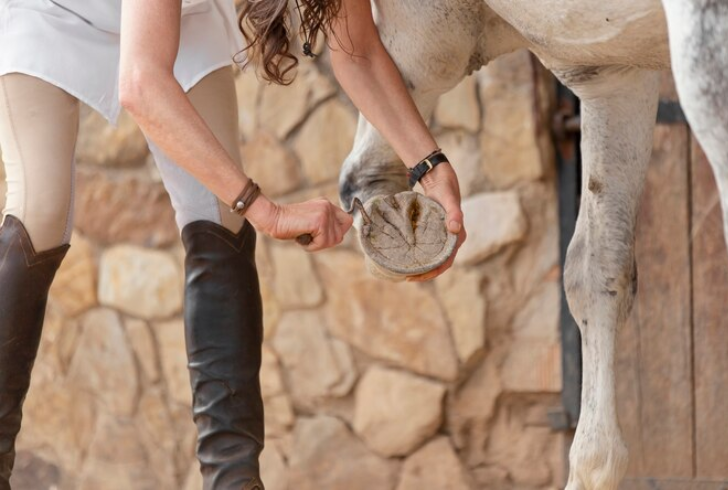Horses are majestic creatures that have captured hearts for centuries. In the United States alone, there are over 7 million domesticated horses, cherished as companions, trusted partners for work and recreation, and adored family members. But how long do horses live to enjoy these bonds with their humans?
The Lifespan of Horses
On average, a well-cared-for domestic horse can live a happy and healthy life for 25 to 30 years. But, exceptional cases of horses reaching their 50s or even 60s have been documented. Many factors influence a horse's lifespan, including:
- Nutrition: A horse's diet should primarily consist of clean, good-quality hay or grass. Regular feeding throughout the day keeps their digestive system functioning smoothly and prevents ulcers caused by extended hunger pangs. Grains, while providing energy, should be offered sparingly due to their high carbohydrate content. Sudden dietary changes can disrupt a horse's digestion, so when traveling, bring familiar food to avoid stomach upset.

Image by mockupdaddy-com on freepik | Grains should be fed sparingly to horses due to their high carbohydrate content, despite providing energy.
- Horse Housing: Horses need a safe and clean haven from the elements. A three-sided shelter or a fully enclosed barn provides protection from rain, wind, snow, scorching sun, and pesky insects. Regular cleaning to remove manure is essential for maintaining a healthy environment. During extreme weather conditions, additional care is necessary. Hot days call for ample water and salt licks to prevent dehydration, while cold and wet weather may necessitate a waterproof blanket.
- Veterinary Care: Regular veterinary checkups are crucial for a horse's well-being, like any other pet. Vaccinations against common equine illnesses like rabies, tetanus, and influenza keep them healthy. Worming medications prescribed by a veterinarian based on fecal examinations help prevent parasite infestations. Dental care is equally important. Horses' teeth continuously grow and require professional filing (floating) every one to two years to prevent uneven wear that can lead to eating problems.

Image by New Africa on freepik | Regular veterinary visits are essential for a horse's well-being, just like any other pet.
- Exercise: Horses are naturally active creatures, and regular exercise is vital for their physical and mental well-being. Riding provides excellent exercise, but turnout in a pasture with a safe fence (avoiding barbed wire) allows them to move around freely. Confining a horse to a stall for extended periods is not recommended unless a veterinarian advises restricted activity due to injury.
- Hoof Care: Healthy hooves are essential for a horse's mobility and overall health. Regular trimming (every 6-8 weeks) and the use of horseshoes, depending on the breed, activity level, and individual needs, help maintain strong and healthy hooves.

Image by freepik | Strong hooves are vital for a horse's mobility and overall well-being.
Understanding Breed Variations in Lifespan
While all domestic horses belong to the same species, Equus caballus, there are many breeds with distinct characteristics. One such difference is lifespan. Generally, smaller breeds like ponies tend to live longer than their larger counterparts. How long do horses live if they are a Shetland pony? These charming equines can often reach their 30s or even mid-30s! In contrast, larger draft horses may have a slightly shorter lifespan, averaging around 18 years.
Determining a Horse's Age
A horse's age can sometimes be estimated by examining their teeth. But, maintaining accurate records is the best way to track a horse's age throughout their life. This information is valuable for both current and future owners.
Living a Long and Fulfilling Life Together
By providing proper nutrition, veterinary care, comfortable housing, regular exercise, and meticulous hoof care, horse owners can significantly contribute to their equine companion's lifespan and well-being. How long do horses live ultimately depends on a combination of genetics and the quality of life they experience. With love, dedication, and responsible care, horses can be cherished companions for many years to come.








